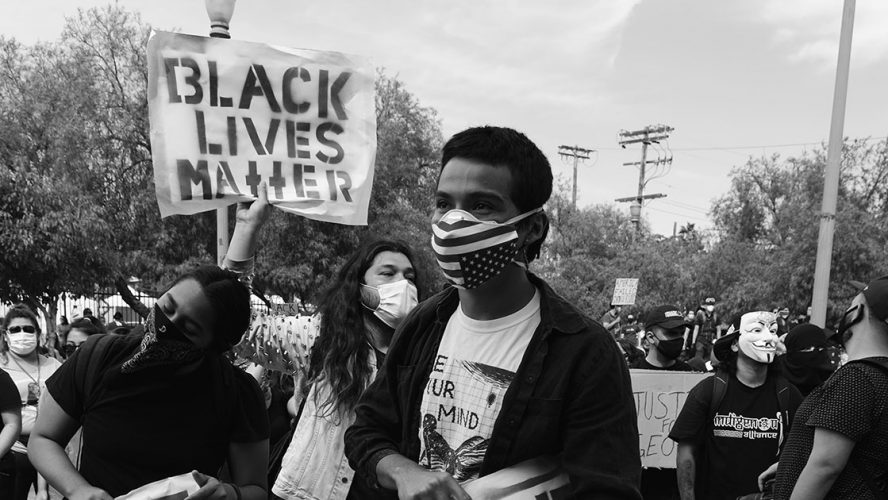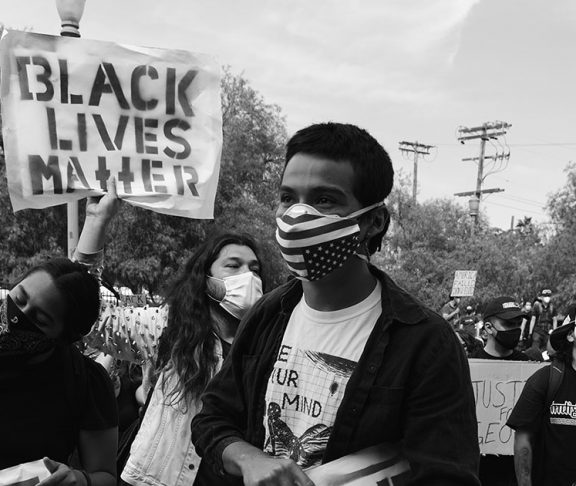Higher education is experiencing a period of intense transformation as we adapt to the new realities presented by the novel coronavirus. Carefully laid plans for the spring semester went awry and the fall semester required agile planning as colleges and universities confronted an ever-evolving — but, in most places, not improving — COVID-19 landscape over the summer.
But with such a profound disruption came an opportunity to take stock of our values, and be innovative and intentional as we plan for the future. Embedded in these values should be a vision for society that relies on postsecondary education to expand knowledge, equity, and social progress.
This notion is especially relevant as we seek to right systemic injustices perpetrated against Black Americans and other people of color in our country, and call for increased efforts to close racial gaps in opportunities and outcomes. It is incumbent on all higher education leaders to build a better, more equitable system.
Learner success
To do so, it is essential to weave learner success into the missions and fabric of higher education institutions as they recover and rebuild. We purposefully use learner here, rather than student, as a more inclusive term that recognizes demographic changes, shifts toward learner-centered models of program delivery, and lifelong learning that may occur outside of traditional credit programming on college campuses.
Success is defined broadly here as well, encompassing not only persistence and completion, but also career readiness and life design. Life design helps learners gain agency as they explore career options, choose a concentration, and reflect on the purpose of postsecondary education. This fresh take on career services develops proactive programming to help all students create life and career plans while pursuing their education.
These philosophical underpinnings have given rise to the American Council on Education’s Learner Success Laboratory (LSL). This program exemplifies how institutions can integrate evidence-based practices to develop a comprehensive strategy for learner success.
The LSL is an assessment and change management experience for college and university administrators that facilitates continuous improvement through intentional transformation of institutional systems, processes, programs, and culture.
Getting started
The pilot cohort of the LSL will begin work in October. Over 12-18 months, participating institutions will form campus-wide strategy teams to conduct a facilitated review of existing activities and capacities related to learner success, analyze their findings through the lens of their institutional missions, and draft a plan to align and integrate policies, programs, and initiatives to support learner success and build capacity to respond to an uncertain future.
The adult learner struggling to provide a decade-old high school transcript, the first-generation student deterred by unfamiliar language, and the student experiencing food insecurity on campus will all benefit as their institutions gain tools to remove such barriers.
Participating colleges and universities will root their strategies in research made accessible through a dynamic resource library, an extensive literature review conducted by the American Council on Education (ACE), and survey data provided by the cohort’s funder, Strada Education Network.
One important insight from this work is the connection between the perceived relevance of individuals’ higher education experiences and the perceived value of higher education. LSL institutions also will receive individualized support and guidance from ACE and a diverse team of expert advisors with wide-ranging experience in higher education.
Going forward, higher education will not look like it has in past years. We cannot go back, but if we have the courage to critically examine our work and keep learner success at the heart of every decision we make for fall 2020 and beyond, our “new normal” can better deliver on the democratic promise of higher education.

